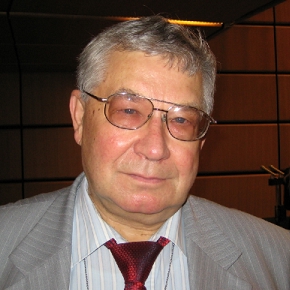 |
||
|
Russian Scientists to Examine Kuril Islands for Fukushima Radioactive Waste RIA Novosti, PUBLISHED 28.09.2014 A group of scientists from Russia's state-run nuclear agency Rosatom is set to examine the Kuril Islands for traces of radioactive waste from Fukushima, the head of the laboratory for radioecological safety at the Obninsk Institute for Nuclear Power Engineering told RIA Novosti on Wednesday. "During the expedition, which will start on Thursday from Vladivostok, we will collect samples of water, air, soil and maritime life. Initial studies of these samples will be conducted right on the ship, which is equipped with technology that allows carrying out preliminary analyses. Final results will be obtained after the samples have been examined at the Radium Institute in Saint Petersburg," laboratory head Stanislav Shabelev said. The tsunami caused a meltdown of several of the plant's reactors and a major leakage of radioactive materials. A complete elimination of its consequences is expected to take up to 40 years. Topics: NPP Fukushima Daiichi, Russia Other news: Finnish Government Approves Rosatom Nuclear Reactor Project Ten ministers voted in favor of granting the application, while seven ministers voted against. Prime Minister: Finland to Continue Nuclear Cooperation With Russia Despite Sanctions If we look at Rosatom's activities, there have been no problems whatsoever. Russian Nuclear Experts Present Bushehr-2 NPP Project in Iran Several Russian companies, including OKB Gidropress and Atomstroyexport participated in the seminar. |
Hero of the day 
The ISTC Responsible Science Program and Subprogram Culture of Nuclear Nonproliferation The dual-use nature of nuclear technology consisting in the potential for its application equally in peaceful and military sphere is the basic contradiction for the existing nuclear nonproliferation regime and comprehensive development of the nuclear power and nuclear fuel cycle. INTERVIEW
Jerry Hopwood OPINION
Joint Plan of Action |

